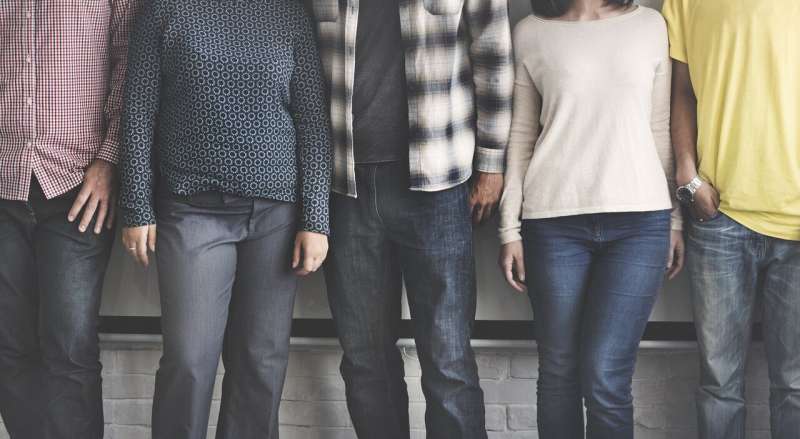Schools can do more to help students cope with trauma, says education report

Policymakers and schools are being urged to use social and emotional learning to help students cope with traumatic events, such as the coronavirus (COVID-19) pandemic and the recent bushfires.
The University of Melbourne report, led by Professor Helen Cahill from the Melbourne Graduate School of Education, said Australian school communities are facing unprecedented emergency and trauma, and learning programs can help reduce the prevalence of post-traumatic stress disorder (PTSD), depression and anxiety.
"Schools play a crucial role in helping students deal with stressful events. Research shows the benefit to student mental health when schools provide social and emotional learning programs designed to help students to develop their coping strategies and social skills," Professor Cahill said.
"Students need these skills to cope with adversity, and with the challenges of everyday life."
The report, released today, said children and young people may be more psychologically vulnerable to the effects of emergency-related trauma than adults, as they may have less-developed coping strategies and are dependent on others for social and emotional support at this developmentally sensitive period in their lives.
It said rates of family violence and mental health problems tend to increase at the time of and following an emergency and that distress can also be caused and intensified by exposure to media reports.
The report advocates 10 strategies to promote student and teacher wellbeing after a traumatic experience, including teaching self-care skills to both teachers and students, establishing realistic expectations for both, and providing students with opportunities for expression through the arts and collaborative fun.
Researchers recommend schools adopt the Resilience, Rights and Respectful Relationships program, which provides a toolkit for parents and learning activities for teachers. Run by the Victorian Education Department, the program has succeeded in developing student resilience and school connectedness.
Professor Cahill said as first responders, teachers often feel unsure and would benefit from professional learning to help them understand how emergencies can affect student wellbeing, learning and behavior.
"In these times of duress, teachers are called on to do more with less," Professor Cahill said. "There needs to be more space within our crowded curriculum to provide for social and emotional learning.
Professor Cahill said secondary schools have particular need of the programs and resources.
"Pressures on young people increase as they age, however, many high schools find it hard to fit such learning into their academic program," she said. "However, benefits extend far beyond better mental health outcomes to improved academic performance, lower school drop-out rates, improved peer support and reductions in anti-social behavior."
Professor Cahill said these are complex and challenging times, and teachers must be provided with the tools and strategies to support student wellbeing.
"By doing so, we'll not only help our school communities deal with our current challenges, we'll also help them to sustain their efforts, and be better prepared for future adversity."
Provided by University of Melbourne





















